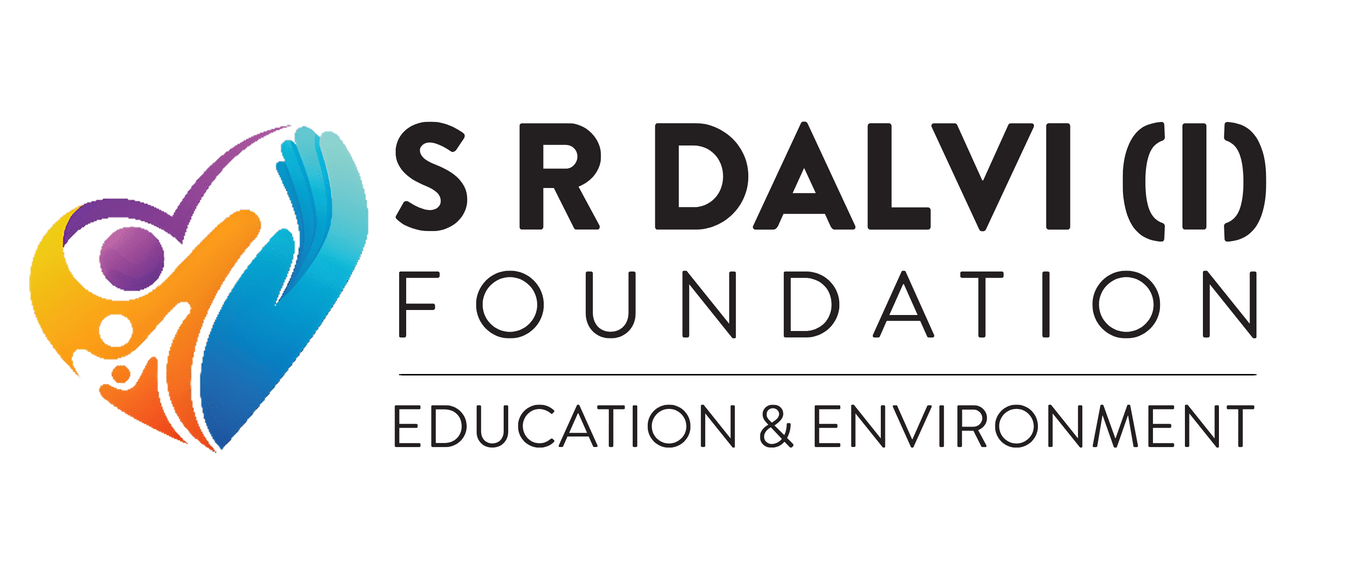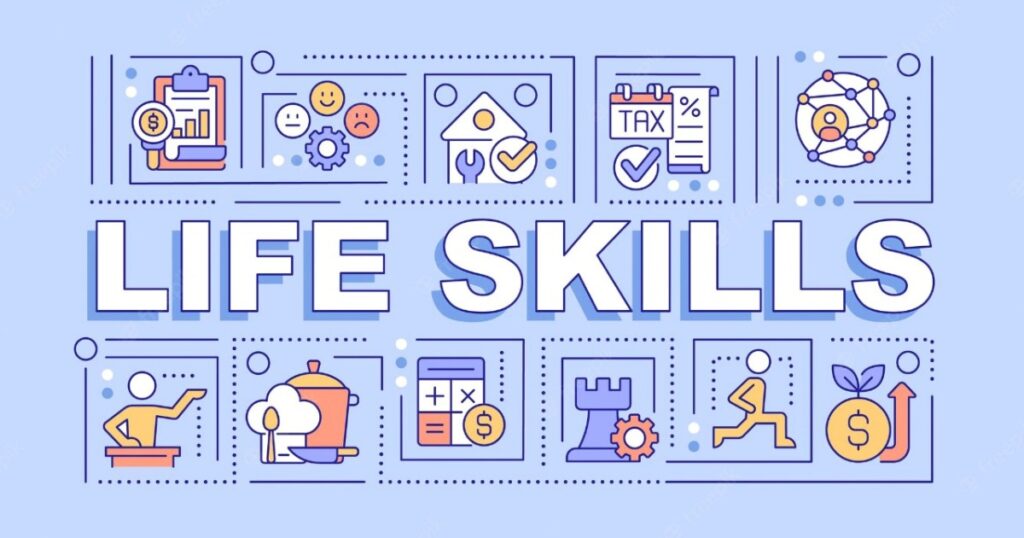Massive globalization, expanding economies, and technological advancements have clashed over the past five years. This collision has significantly impacted our personal, professional, and educational lives. People need to use the talents they’ve gained throughout their lives, often known as life skills, in order to deal with and stay up with these rapid changes.
Being able to handle the demands of daily living in a constantly changing world requires having a strong foundation in life skills. Students need new life skills, such as the capacity to deal with stress and disappointment, in order to cope with the escalating pace and change of modern life.
Children today have a variety of new careers they can pursue throughout their life, each with its advantages and flexibility requirements.
Life skills are “a group of psychosocial competencies and interpersonal skills that help people make informed decisions, solve problems, think critically and creatively, communicate effectively, build healthy relationships, empathize with others, and cope with and manage their lives in a healthy and productive way,” according to the World Health Organization (WHO). Life skills can be applied to one’s own behavior, the treatment of others, as well as efforts to improve the environment around them in order to promote health.
People who possess life skills have the fortitude and resources necessary to deal with various situations and overcome any challenges in order to accomplish their goals.
One of the main topics covered in Life Skills is resilience. Other important topics covered in Life Skills include stress management, emotional regulation, positive thinking, self-esteem, empathy, listening skills, interpersonal effectiveness, handling conflicts, managing relationships, effective communication, goal setting, decision-making, and problem-solving.
The absence of life skills among the younger generation is one of the most urgent problems that now demands prompt attention and treatment. Despite the fact that many schools now teach life skills as part of the curriculum, many academic institutions still fall far short in this regard. Due to a lack of primary skills, many people struggle both at jobs and in their personal lives.
According to research, acquiring life skills can help people cut back on their use of drugs, alcohol, and tobacco as well as their aggressiveness and violent behavior. Life skills might also just make life simpler in addition to achieving these bigger objectives. We are happier and more healthy when we have control over our emotions and form enduring, sustaining connections. This is why having life skills is essential for our health and well-being in addition to being successful in life.

